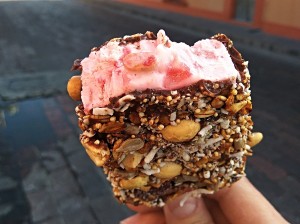EAT IN ASIA / Destinations / Other destinations / Africa / Egypt
Delicious Egyptian fruits
Tags: EGYPT
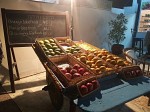
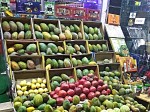
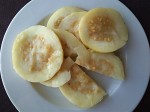
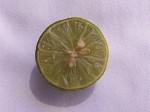
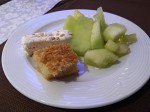

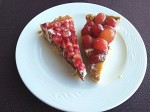
When thinking about Egyptian fruits and vegetables most people usually think – bananas. These unique small bananas full of flavor but not looking as good as they are. But Egypt is not only that. That is true. The climate is harsh, the soil is arid, rains are rarely seen, and people are poor. All these factors limit the amount of goods and what you can get from the land. But despite all these adversities, you can get in Egypt perfect fruits. Ripe, sweet, fleshy and juicy. Most of them that are bought from local vendors and stalls are naturally big and with limited exposure to pesticides and chemical substances, that should either accelerate their growth or improve their look.
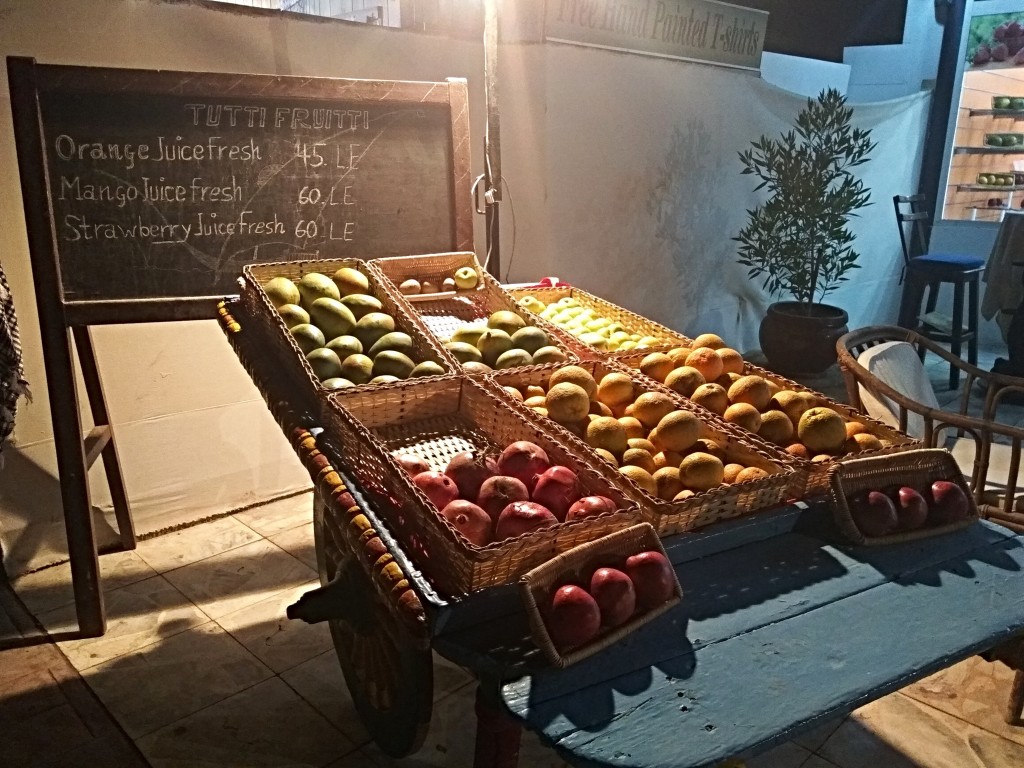
Depending on the season you can get different fruits, and believe me, choose and eat only these from the current season. They are much tastier, sweeter and aromatic. Especially mangoes. Enormous! They are so big, that you might take them for a small papaya :D Egyptian mangoes have green skin with some yellowish parts. Some of them have a reddish hue, but green is always dominant. The inner part, the flesh is intensively yellow. The fruit is soft, tender, sweet and in the same time thirst quenching. Mangoes are eaten alone, in shakes, juices and raw.
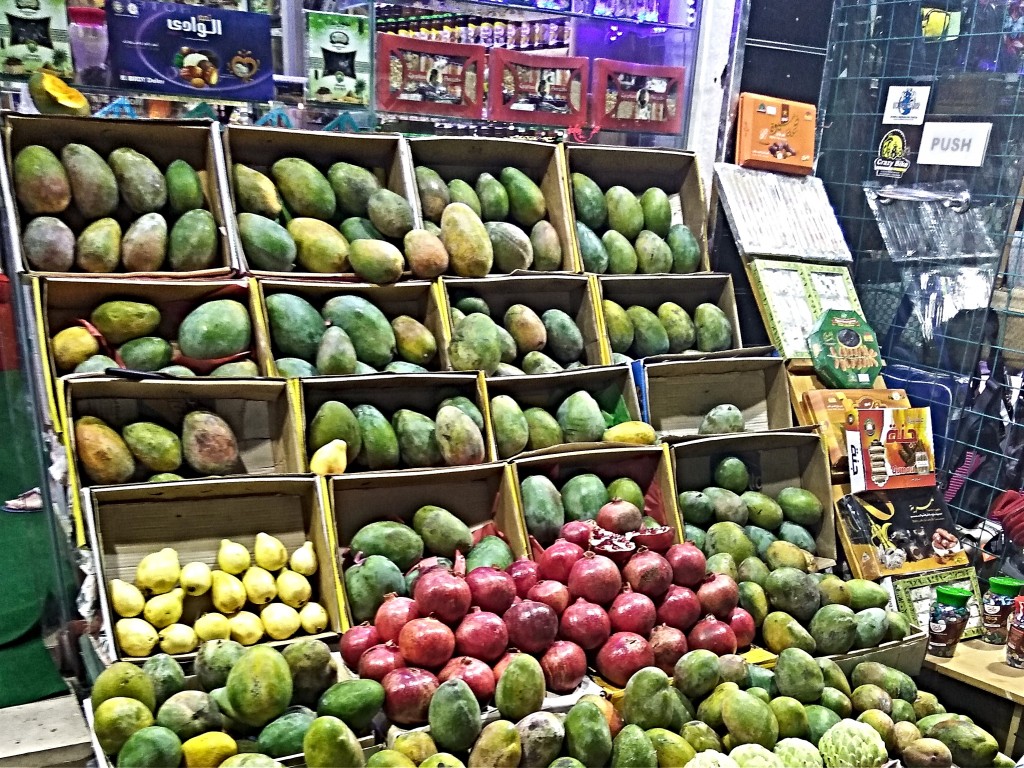
Another popular fruit is guava. Comparing it to the guava that we knew from Asia, that one is completely different. It is much bigger, softer and creamy. It is also sweeter and has another inner structure. In Egypt, guava is yellow (w never saw a reddish one). Has a delicate skin, and very tender flesh. It is almost like a butter. It is melting in your mouth, and only small seeds, that are still hard, remain unmelted. Egyptian guava is not a fruit that you have to peel. The skin is neither harsh nor sour. It is a nice packing of the creamy inner part.
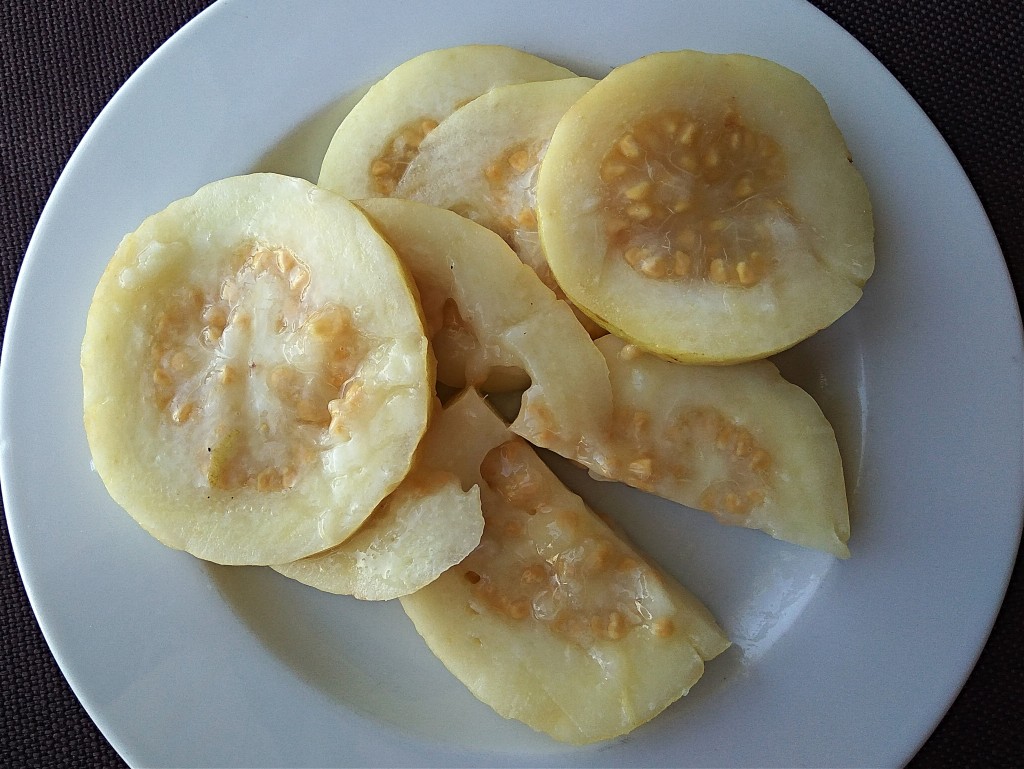
Speaking about Egypt and fruits, I could not omit dates. These big dates that are sold either fresh or dried. If only you had an opportunity to try these fresh ones, you have to do that. Although the seed is big too, the flesh is impressive too. Brown inside and with an almost black skin, Egyptian dates are perfect. No bitterness, no tastelessness. Sweet but in a natural way and delicate in their texture. Unfortunately, these fresh dates cannot be stored for a long time. If kept in the fridge and bought really fresh, they can stay up to one week. If stored in a cooler place at maximum 3 days, but if left in the room, they will go acid after one day. That is a pity, you cannot buy too much of them…
And how to select dates?
Here are some tips that, that might help you select the best one and these that are still fresh. First of all, look at the color of selected dates. Remember, their skin should be almost black. As soon as you mention any light brownish tint, that might mean your dates are not fresh anymore. If the skin is dominated by an orange color, surely, they will not stay for a long time. Another option is to smell them. Even if they are packed in a foil, you will be able to smell it, if they are sour. These dates that are already acid would have an even smoother texture. But will be clammier and stickier.
If you are picking dried dates, just select these that you like. Stuffed as in Lebanon, with walnuts or with almonds, or just plain.
Dates are also very popular in deserts and sweets. Tarts with a paste made from dates, buns filled with meshed dates or rolls with dates. While fresh and dried dates are perfect, mixed with sweets are a little bit tasteless. They are like a vegetable and the starchy texture dominates, what kills dates’ natural aroma.
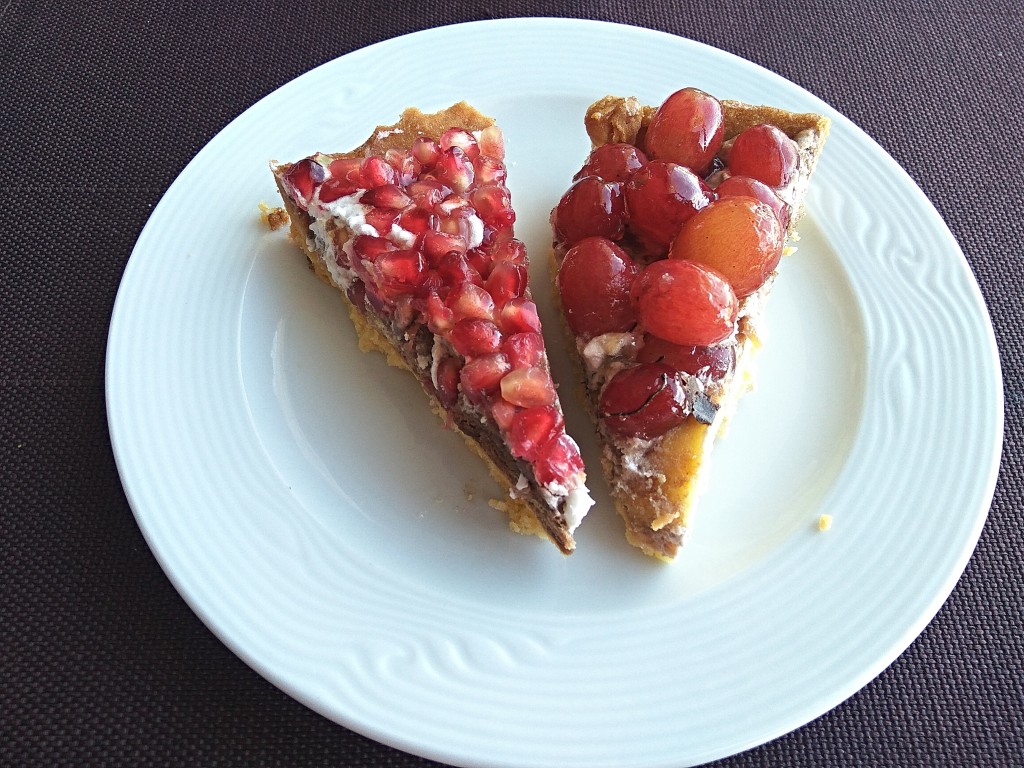
Not mentioning pomegranates would be a huge mistake. As Egyptian mangoes, pomegranates are also really big. I don’t know exactly how much did they weight, but I guess half kilo is not an exaggeration. Their skin is dark, with the same texture as the one you know from supermarkets. Inside, burgundy grains are mature and bigger than these regular. In Egypt, you can buy them and eat just at the moment, have a juice or add to pastries and tarts. They are sweet, deprived of any potential bitterness.
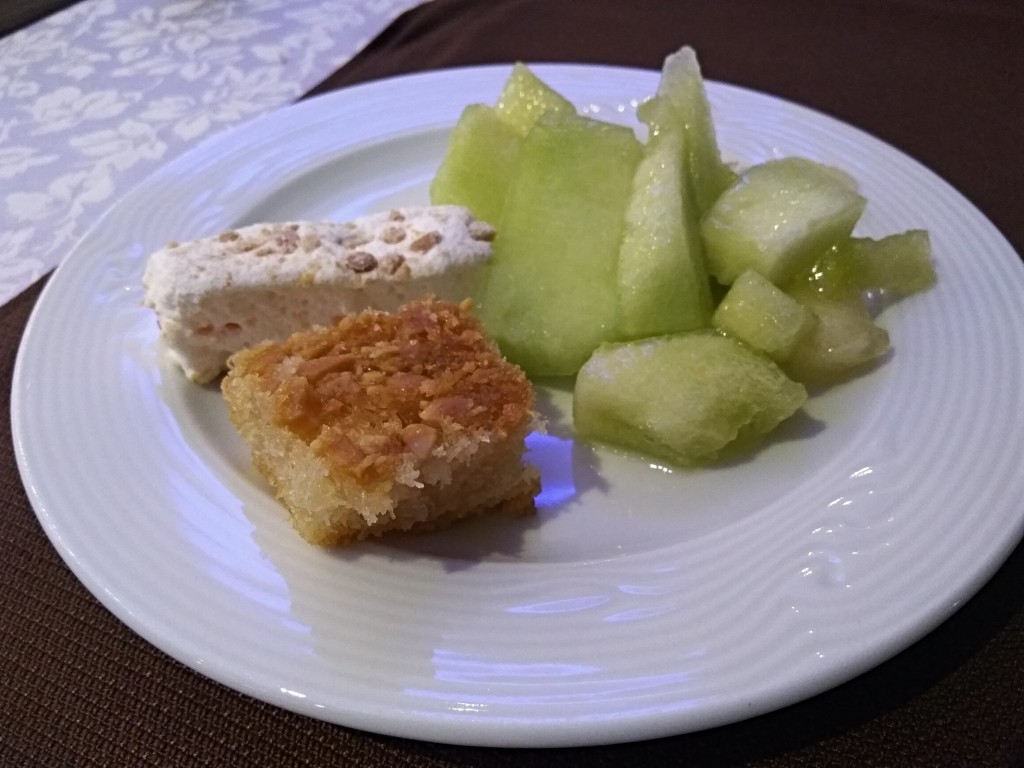
Another fruit eaten alone or added to tarts is a melon. Yellow or green, whichever you prefer. Juicy, sweet and extra ripe. With a small darker and harder border, the fruit offers more tasty flesh. The inner part with small seeds is not dominant, so the ration of the eatable part to the whole fruit is satisfying.
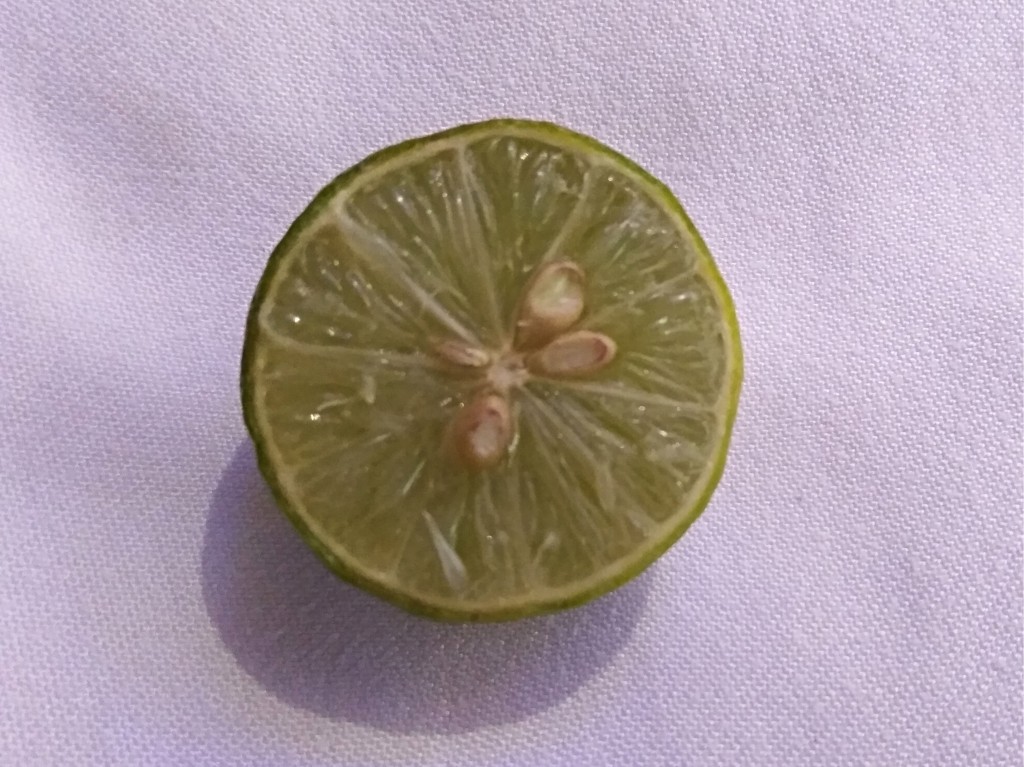
I think there is also a one more fruit that needs to be mentioned – limes. Small, green and hard to squeeze. Sour and sweet in the same time. But so refreshing! Just add it to water and as a condiment to any meal. They go well with meat, vegetables and salads. And of course with drinks!
Date: 2018-12-04
Author: Beti – A passionate traveler and lover of Asian cuisine, especially Thai and Japanese dishes, Bernadeta brings her culinary and cultural experiences to life in her writing. Beyond her travels, she’s an avid technology enthusiast with a deep interest in data processing, merging her love for exploration with analytical insights.
Photographer: Adalbert – An aficionado of computers and photography, Adalbert captures the essence of diverse cuisines with a discerning eye. A connoisseur of rich flavors and particularly fond of meat-based dishes, he combines his technical skills with his passion for the culinary arts in every shot.





